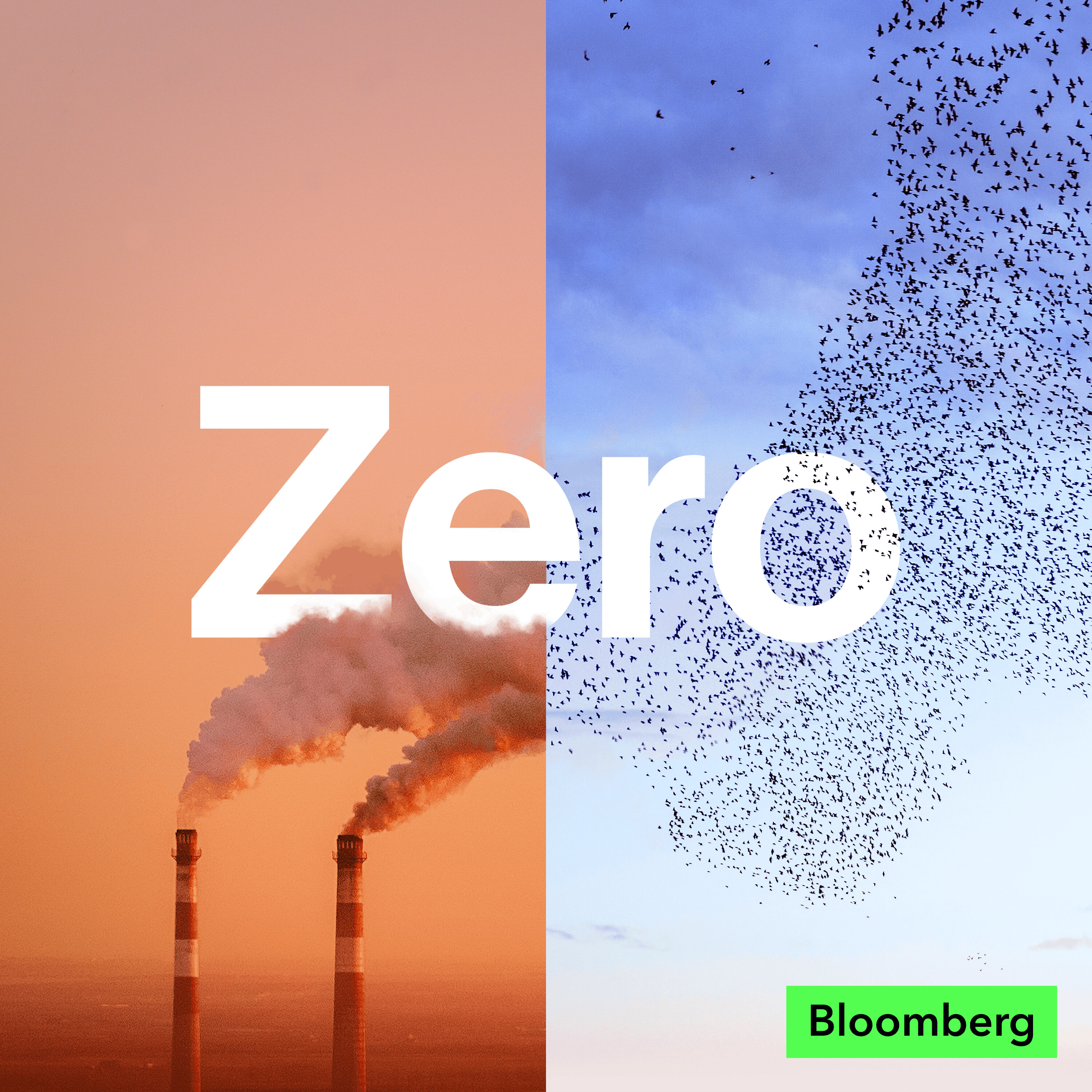
The Chinese activist who mapped the country's pollution problem

Zero: The Climate Race
Shownotes Transcript
China is the world’s factory, and has the emissions to match. But in a planned economy, with weak environmental regulation, can anyone take on this pollution? Today’s guest, Ma Jun, did. In 2006 he began publishing “Pollution Maps” online that detailed levels and sources of air and water pollution. Ma Jun faced pushback, but his work made it possible for people in China to discuss pollution and climate change in a serious way. His work has since gained acceptance from the government and the corporations like Apple and Nike that he tracked down as sources. Ma Jun joined Akshat in Davos for a conversation about the power that data can have, how environmentalism has changed in China, and the role the rest of the world must play in asking questions.
Read more:
Ma Jun’s book *China’s Water Crisis *) A case study) of Ma Jun’s work and its effect on environmentalism in China from Columbia University A recent history of air quality in China )from University of Chicago Panel at Columbia: Meeting the Energy and Climate Needs of Emerging Economies) Bonus episode): How wildfire smoke and air pollution affect your health
Zero is a production of Bloomberg Green. Our producer is Oscar Boyd and our senior producer is Christine Driscoll. Special thanks to Kira Bindrim and Dan Murtaugh. Thoughts or suggestions? Email us at [email protected]. For more coverage of climate change and solutions, visit bloomberg.com/green)
See omnystudio.com/listener) for privacy information.